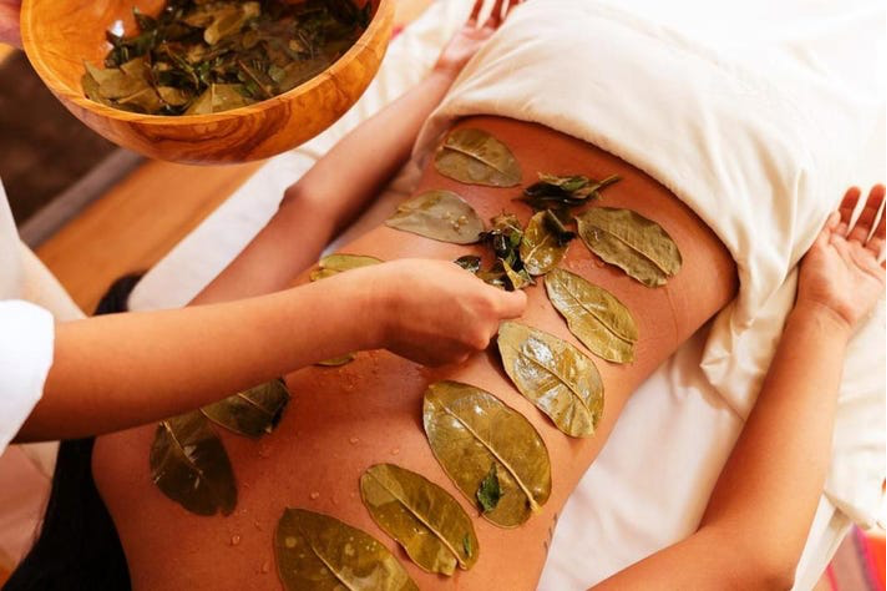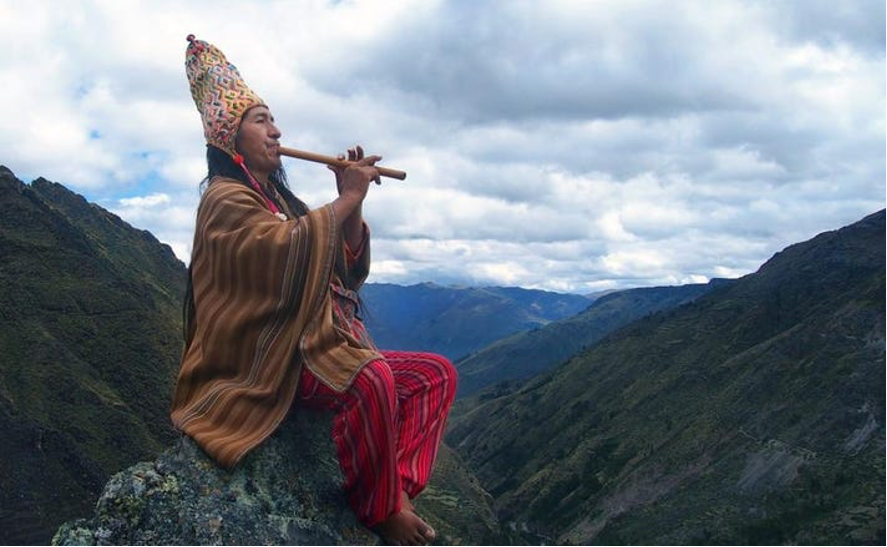
The setting is world famous: between Cusco and the iconic archeological site of Machupicchu reachable by hiking or a two and half hour journey by train. Cultural authenticity is a major element, from Peru’s exalted cuisine to local music and age old rituals. And in sync with the growing emphasis on sustainable travel, the accommodations at Las Qolqas are safari style tents-the luxury version-assuring minimal effect on the environment.
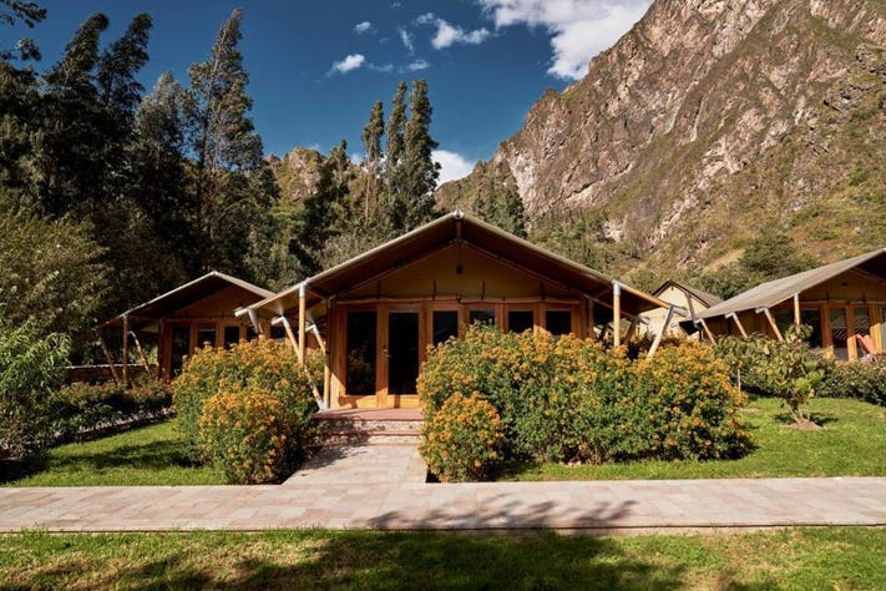
Owner Herman van den Wall Bake and partner/co-founder Carlos Gonzalez came to the project from different perspectives. Van den Wall Bake was born in Lima and became entranced by the beauty, mysticism, traditions, and archeological architecture of the Sacred Valley when he was 11, leading him to instigate the project six years ago. Cusco-born Gonzalez, who signed on to the project three years later, has developed sustainable innovations in the luxury travel industry for 26 years for companies such as Butterfield & Robinson, Abercrombie & Kent and Belmond. But they were both drawn to the location, the village of Ollantaytambo, for its authenticity, unchanged by time.
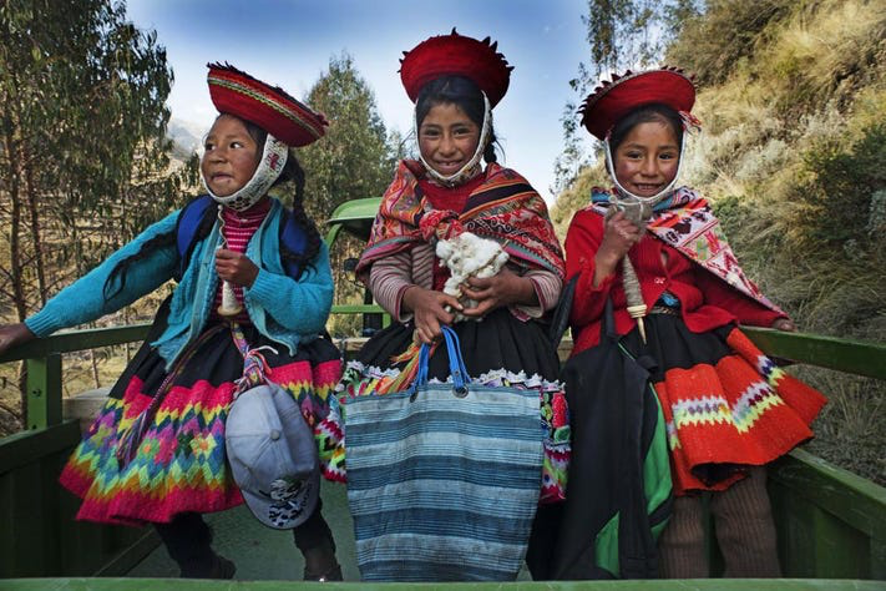
“The village has retained the layout and architecture of an Inca city, looking much like it did 500 years ago,” van den Wall Bake explains. “The indigenous populations of the nearby villages of Huilloq and Patacancha have staunchly kept their traditions alive, offering visitors a window into these native communities.”

Guests can experience these traditions by witnessing rituals such as wedding ceremonies or celebrations of seasonal solstices, listening to local shamans playing haunting melodies on local instruments or hiking with locals to less visited, meaningful sites. Among them: the 1,000 year old fortress of Pumamarca; the megalithic stone masonry of the Ollantaytambo archeological park; the mystical shrines of Inti Punku or Naupa Iglesia along with traditional markets and weaving communities. On property, cooking lessons utilizing local organic ingredients bring both traditional recipes and modern interpretations to life. All combine to provide the cultural subtext that the owners think is essential. “No trip to the Peruvian Andes would be complete without experiencing the music, food and mysticism of its people,” he explains. “The Incas and their predecessors venerated the mountains (Apus), The earth (Pacha Mama), The water (Mama Qucha), The god of Thunder (Illapa), and Huacas (sacred objects such as large rocks or caves). At Las Qolqas we pay homage to these traditions and share them with our visitors.”

The choice of tents as accommodations was due to both the sustainability element and the desire to let the scenery be totally on view: the mountains to the east and west, the river to the north and granite cliffs to the south. The interiors are filled with locally created wooden furniture, accessories such as pillows created in the fabrics and designs of villagers’ skirts, and amenities such as shampoos created from local ingredients as are the treatments in the holistic spa.
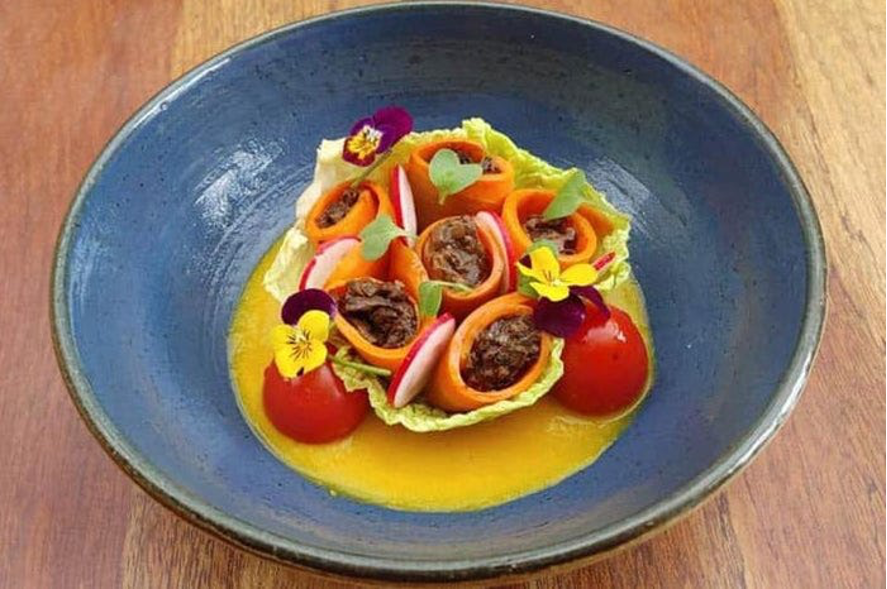
The overall experience, they hope, will have a resonant effect on guests. “We want our guests to have an unforgettable experience immersed in nature, treating their senses to new sites, sounds, tastes and emotions,” says van den Wall Bake. “To wonder at the inventiveness and resourcefulness of the ancient peoples that built such beautiful, yet functional structures completely in harmony with nature. To meet people that have kept their traditions alive and warmly share them with those who are interested in getting to know them. To have intense days of discovery, followed by relaxation at our spa and delicious cuisine using organic products from our own orchard or supplied by our neighbors. We want them to reconnect with their spiritual side and return to their homes re-energized by all that they experienced.”
